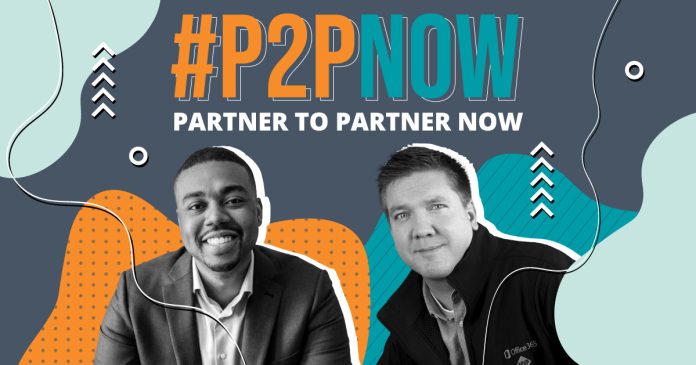Figuring out a viable vendor multiplier for your organization can be tricky if you haven’t worked together before. What kind of research needs to be done to determine an accurate representation of your investment in and payoff from working with a vendor?
In this episode of P2PNow, we break down what steps you can take to measure this multiplier and ensure you’re getting the most out of your partnership. Watch the session below or read on for a full transcript!
Transcript
Christian: Today’s episode will be on measuring your vendor multiplier. To begin, Sam could you talk a bit about what a “Vendor Multiplier” means?
Sam: Sure. When vendors talk about a multiplier, they’re saying that for every dollar you sell of their technology, you should be able to attach X more dollars of your own products or services.
As an example, Forrester has done reports in recent years that for every $1 spent on Microsoft subscriptions an MSP can grow revenue from $5 to $9. Most channel-focused vendors conduct either some level of research to determine how much their software adds to partners bottom line.
Christian: This is a really simple way to understand how other companies are maximizing their investment with a vendor. What are the steps a partner should take to measure this multiplier and ensure they’re getting the most of our their partnership?
Sam: There are a couple things you can do to wrap your head around this. Keep in mind, the purpose of the exercise is just to get a grip for how much you can expand your business with a vendor.
Hot Take – what you probably won’t get much value in is asking a vendor “What is your Vendor Multiplier.” You’ll either get A) a complex answer, or B) you’ll get a generic # that is great for slides but probably doesn’t 100% apply to you.
Christian: Right, those 6X or 9X power statements are really designed to get you on the hook. The real question becomes – how much of that is applicable to your business.
Sam: Exactly. You’ll want to ask three questions to get a good idea of those.
- What is the average service amount similar partners charge their customers in a year by selling the products you’re currently selling or plan to sell.
- What are the typical additional products similar partners upsell in the first 12 months after selling products you’re currently selling.
- What enablement does the vendor provide to train partners on offering more services.
Christian: The prevailing logic is to better understand the upsell potential with this vendor. Along with how much they’re investing in getting partners this information.
Sam: Once you have the answers to those initial questions. Work internally to see if you can design services your customers would leverage that fit with those models. If you can’t, let the vendor know the challenges you’re facing.
The only way they can improve their programs if you give them specific feedback. After your service is offered you have to do the most challenge part. Set a reminder for yourself in 12 months to go back and do the math to see how much you actually increased your business with this vendor. If you did this with every vendor you on boarded you’ll be able to easily remove solutions that don’t add much to your bottom line revenue.
Christian: Awesome. Well I think that’s a great overview on measuring your vendor multiplier. Ask how much a typical partner makes with that vendor in 12 months. Design a program to get close to those averages and measure the results. Simple.
Sam: Absolutely. If you haven’t already ask your AvePoint rep how much an average partner makes working with AvePoint. And to find out more about AvePoint’s Partner Program, visit avepoint.com/partners.






